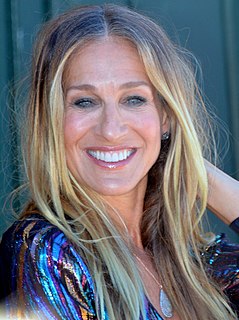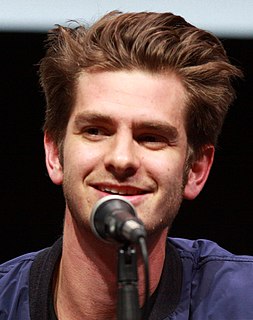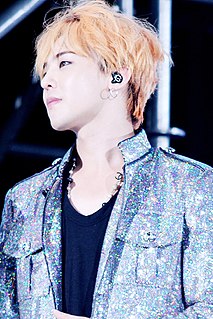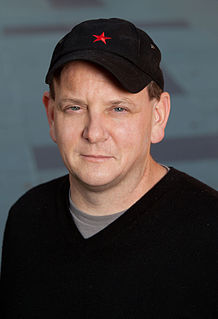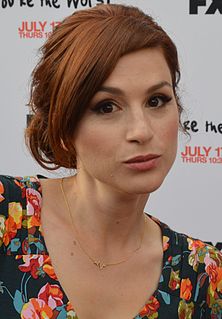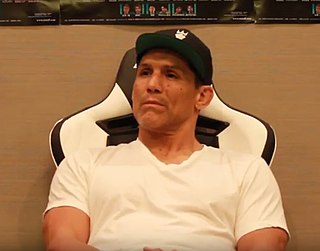A Quote by Melvyn Bragg
The idea that popular arts were shallow by definition and the traditional arts were profound was dead, I thought, and I wanted to prove it.
Related Quotes
I majored in drama and theater arts at Columbia and was always in acting studio, but that was a liberal arts degree, not a bachelor of arts degree, so I didn't have a traditional conservatory training. There was a lot of reading and a lot of writing involved, and only about 30 percent of my classes were directly theater-related.
The arts were a big part of my childhood. We went to the theatre and opera a lot as a family. We were not at all wealthy, but it was at a time when the arts were publicly funded and there were free tickets available. For someone like myself who wasn't that academically inclined, it was a great escape.
We wanted the elemental 'bending' to be based on authentic Chinese traditional martial arts, believing this would lend a beauty and resonance to the animation and the fictitious disciplines. Once we had that idea, I started looking for a Kung Fu teacher/Martial Arts consultant. My search led me to Sifu Kisu and I began training with him right away.
Miles and I had been looking to do a martial arts show for some time. Our first two movies that we wrote were "Lethal Weapon 4" and "Shanghai Noon" with Jackie Chan. Then we sort of got pulled into the superhero world, but then you look around at what's not on television and there wasn't really a martial arts shows. There are shows that do martial arts to a degree, but there's not a martial arts show.
The arts are not a frill. The arts are a response to our individuality and our nature, and help to shape our identity. What is there that can transcend deep difference and stubborn divisions? The arts. They have a wonderful universality. Art has the potential to unify. It can speak in many languages without a translator. The arts do not discriminate. The arts lift us up.
Above all things, Strikeforce is a stable, established business that has experience with live events, and it has the martial arts culture. I worked closely with EliteXC and they had no martial arts culture. They didn't really understand what they were doing, so the odds of them being successful were kind of a crapshoot.


